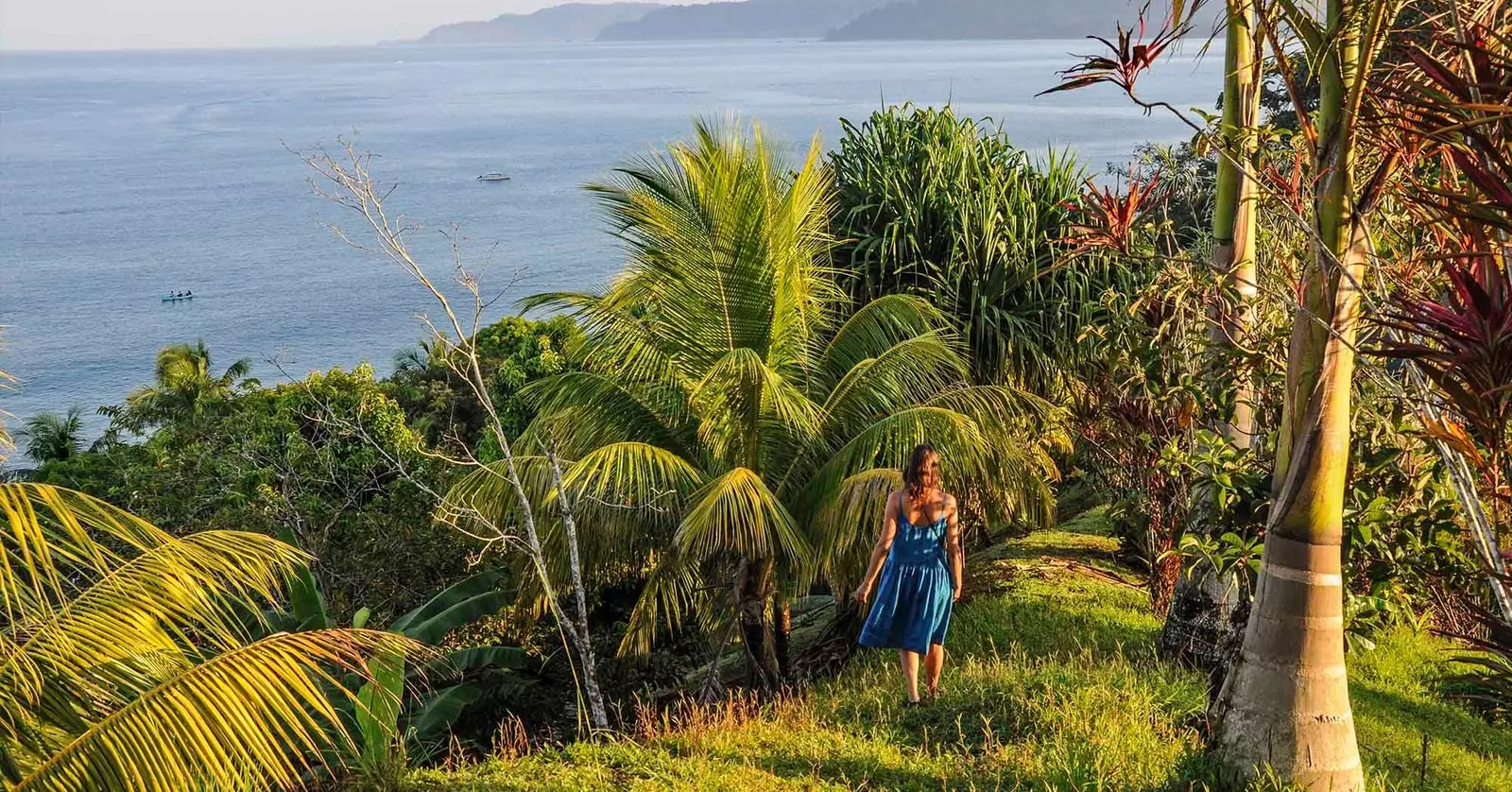
Costa Rica, sustainable par excellence
Costa Rica it has a volume of visitors** of 2 million a year, 75% go on vacation and 68% spend time enjoying its beaches**. This is what the country's official tourism sources say, which also indicate that some 3 million visitors (those received by the country in 2018) generated more than 4.5 million CO2. **A figure that the country is willing to reverse with the new initiative with which it invites tourists to offset their carbon footprint. **
It is an online tool with which the Costa Rican Tourism Institute (ICT) and the National Fund for Forestry Financing intend to protect the environment and the country's wooded areas.
In addition to its sustainable nature,** among the main objectives of this association are financing for environmental projects throughout the country** or the recovery of the forest mass with said funds, in addition to promoting cultural, social and educational changes. According to their data, **with this carbon footprint savings they could reforest nearly 14,000 hectares of forest. **
How does the project work? On a voluntary basis, visitors can register in Fonafifo's digital tool and calculator. from her they can quickly calculate the carbon emissions of their flight and the journeys they make around the country and make a payment so that Fonafifo can later invest it in environmental projects.
Obviously, CO2 emissions vary depending on short or long haul flights and the class in which you travel (Tourist or Business). "A person who travels for business on a long-distance flight will generate more carbon emissions than another who flies in tourist class," they explain from the official website of Costa Rica tourism.
And what will the proceeds be spent on? The initiative will promote tree planting, watershed protection, natural regeneration, and agroforestry systems on farms.
“This program is a green engine for the sustainable economic recovery of Costa Rica . The arrival of visitors to the country benefits the ecotourism sector and the money that comes in from offsetting its emissions strengthens forest conservation and the families that depend on this incentive,” Environment and Energy Minister Andrea Meza said in a statement.
The Program for Payment of Environmental Services (PPSA) is a financing mechanism for the management, conservation and sustainable development of forest resources and biodiversity. Between 1997 and 2019, the programs of the National Forest Financing Fund have recovered a forest cover of 1,311,764 hectares and, from 2003 to 2019, more than 8 million trees were planted in agroforestry systems thanks to this program.
